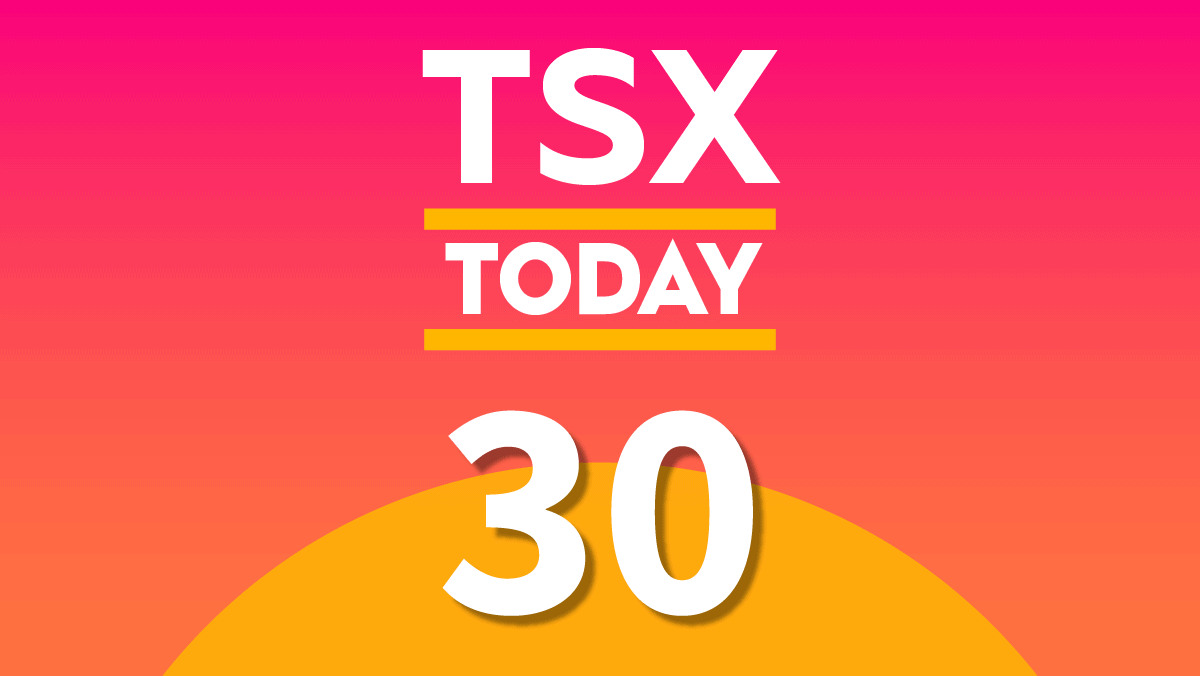The stock market in Canada remained largely positive on Monday, as investors continued to assess the potential impact of the tentative U.S. debt limit deal on the economy. Even as the U.S. market remained closed for Memorial Day, the S&P/TSX Composite Index advanced by 48 points, or 0.2%, for the day to settle at 19,968.
Despite minor losses on Canadian consumer stocks, other key market sectors like healthcare, financials, and real estate stock climbed to help the index notch a second consecutive day of gains.
Top TSX Composite movers and active stocks
Canadian Western Bank (TSX:CWB) recovered by 5.5% Monday to $24.26 per share after losing nearly 6% of its value in the previous session. Despite its weaker-than-expected April quarter top- and bottom-line figures, yesterday’s recovery in CWB stock could primarily be attributed to a banking sector-wide optimism due mainly to recent U.S. debt-ceiling, deal-related developments.
Notably, higher provision for credit losses trimmed Canadian Western Bank’s profit last quarter, despite a minor increase in its revenue. With this, its share prices currently trade without any notable change on a year-to-date basis.
Converge Technology, AltaGas, and Canada Goose were also among the top-performing TSX stocks on May 29, as they inched up by at least 2.8% each.
On the flip side, International Petroleum, NovaGold Resources, and Brookfield Business Partners were the worst performers on the Toronto Stock Exchange, as they fell more than 2% each.
According to the exchange’s daily volume numbers, Manulife Financial, Suncor Energy, Great-West Lifeco, and Baytex Energy were the most active stocks for the day.
TSX today
Commodity prices, especially West Texas Intermediate crude oil futures and gold, were bearish early Tuesday morning, pointing to a lower open for TSX gold mining and energy stocks today. While no major domestic economic releases are due, Canadian investors may want to keep a close eye on the latest U.S. consumer confidence data and more details on the debt-ceiling deal.
The stock market participants have so far reacted positively to the U.S. debt ceiling deal. However, recently released strong personal consumption expenditure data may give the Federal Reserve more room to raise interest rates, which may keep tech investors on edge in the near term.








